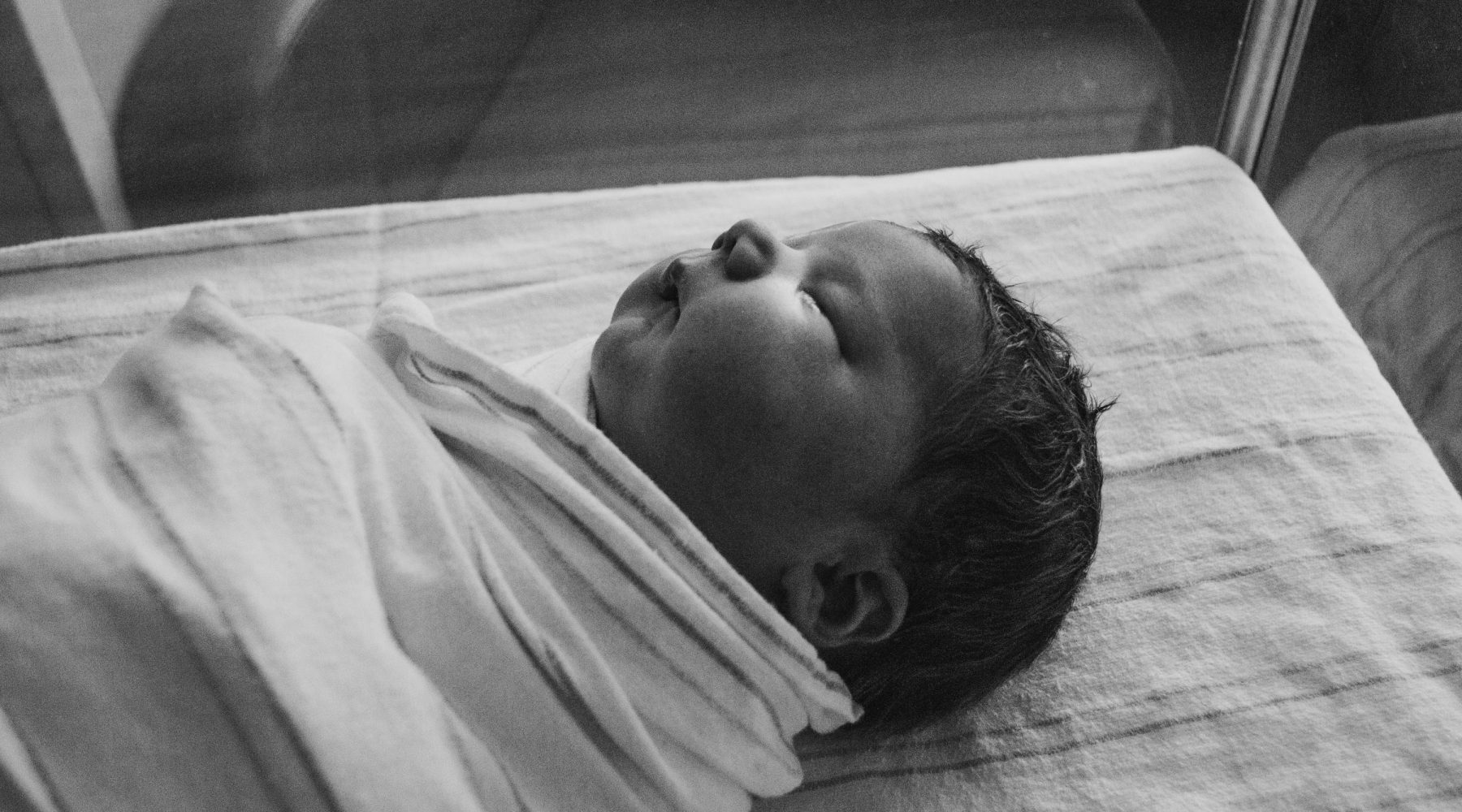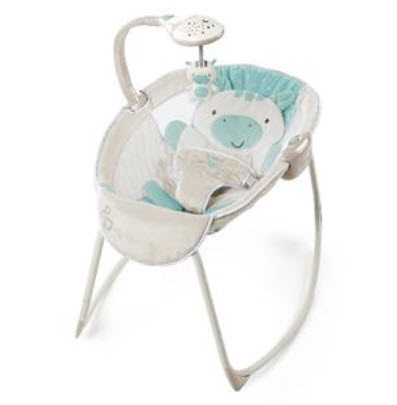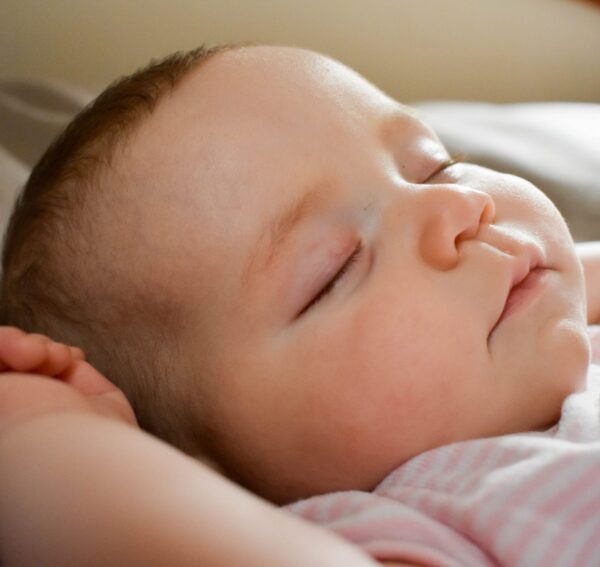As the US moves to ban inclined sleepers, CHOICE asks why not Australia too?

In July 2019, The Sector covered a recall of two popular inclined sleep products for babies, which were called back following the sad death of 73 infants whose heads fell forward into a chin to chest position, leading to suffocation from the compression of their airways.
As a result of the rise in infant deaths attributed to inclined sleepers, the United States is moving to ban inclined sleepers, and in Australia the ACCC is reviewing the safety of inclined products for infants, including bouncers and recliners, consumer advocacy group CHOICE reports.
CHOICE has queried if Australia is doing enough to address the risks posed by inclined sleepers, and outlining the perspective of experts, who believe Australia’s current product safety regulations are too narrow, miss areas of risk, and are slow to address hazards.
In December, the US House of Representatives voted to ban infant sleep products that have a sleep surface with an incline of more than 10 degrees, CHOICE said. Should the Act become law, businesses will no longer be able to sell inclined sleep products for infants, and manufacture and distribution will also be outlawed.
Given the popularity of such products, the vote is significant. Soft, sloped surfaces – a feature of the two recalled products, and many others like them, may increase the risk of sudden and unexpected death in infancy. Babies in these types of sleepers can roll over or have their head fall forward and suffocate.
Despite the risk, over 4.5 million of the inclined sleepers have been sold in the US alone, with many parents seeing them as a saviour for restless and wakeful babies. In Australia, Red Nose, Australia’s leading safe sleep advisory body, have always recommended that babies sleep on their back on a firm, flat surface. Putting a baby on their back to sleep means the airway can function optimally when sleeping, minimising the risk of SUDI or SIDS, Red Nose note.
The US vote is significant in the Australian context, not only for the recall associated with it, in which 9000 Rock ‘N Play and Kids2 sleepers were recalled in the months following the US recalls, but also for its role in prompting the review from the ACCC.
In July, the ACCC announced a safety review of the sleepers “because of recent recalls and increasing concerns regarding the use of infant inclined products” – in other words, because there had already been scores of deaths linked to inclined sleepers in the US, CHOICE noted.
Dr Ruth Barker, an emergency paediatrician and director of the Queensland Injury Surveillance Unit, is quoted in CHOICE as saying “babies sleep in and on lots of different products, many of which are not intended for infant sleeping, but they end up sleeping in it”.
Using the example of infant car seats, which are not in the scope of the ACCC review, Dr Barker said the evolution of products not intended for sleeping in is posing new dangers for infants.
Current recommendations are that babies should not be allowed to remain asleep in their carseats, as their head may fall forward and obstruct their breathing – however with capsules that now click into prams, car restraints are becoming prams, and exposing infants to elevated risk.
Tim Wain, who used to run the Infant and Nursery Products Association of Australia and now consults on infant product safety, told CHOICE, “It’s a bit hard to justify going and creating a new product standard… [when] there are well developed standards that exist overseas. America leads the way with a lot of that.”
Mandatory standards, he said, make it harder for companies to apply the most up-to-date safety guidelines because it’s “impossible for under resourced Australian regulators to keep up with innovation across so many consumer products”.
In addition, Mr Wain said developing and updating mandatory standards is “a slow and bureaucratic process because it involves committees made up of volunteer experts and extensive rounds of consultation with stakeholders.”
The Sector will continue to monitor developments in this field. To read the coverage of this issue as produced by CHOICE, please see here. For information on safe sleep for infants, please see here.
Popular

Quality
Practice
Provider
Research
ECEC in focus - Una Springwood’s intergenerational initiative brings young and old together through connection and care
2025-06-30 10:00:45
by Contributed Content

Provider
Practice
Quality
Research
Aboriginal Education Strategy drives early learning and school success in South Australia
2025-07-01 09:55:12
by Fiona Alston

Workforce
Policy
Quality
Research
Inclusive Practice Framework set to strengthen inclusion in early childhood settings
2025-06-24 11:37:00
by Isabella Southwell












